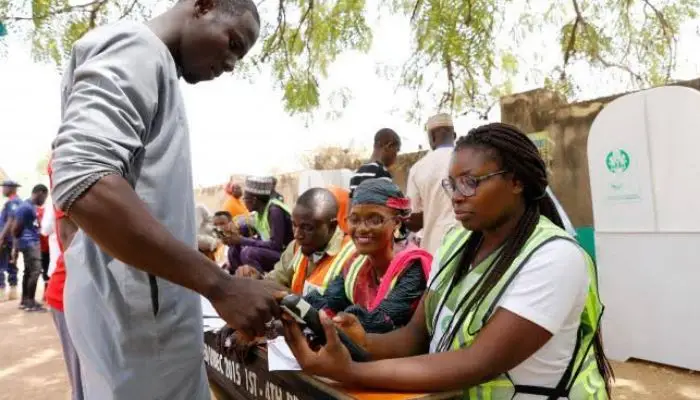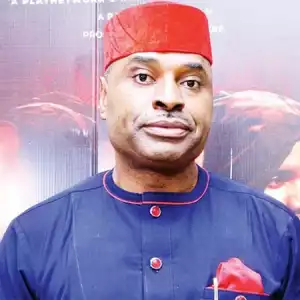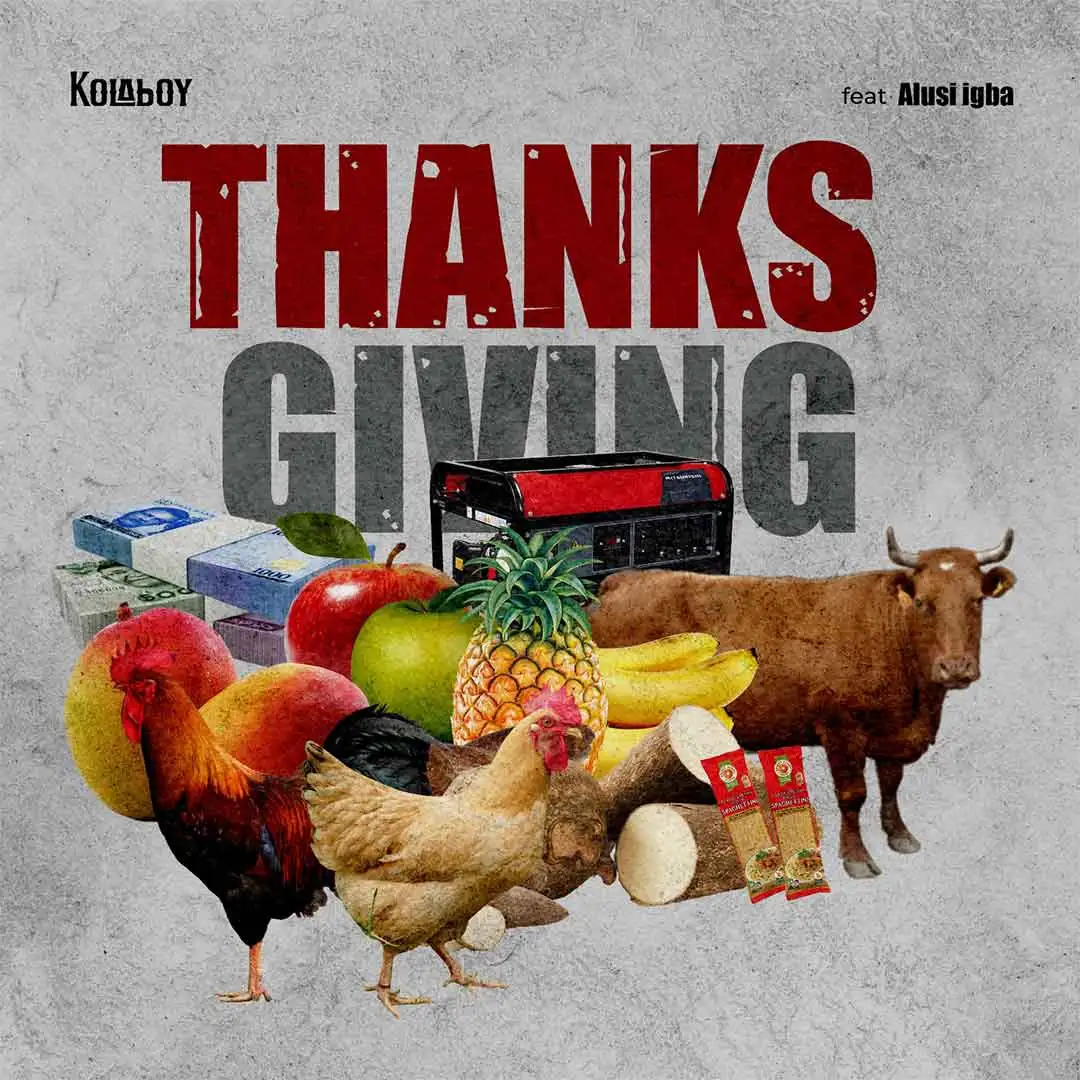Voters Turnout: Will 2023 be better?Voters Turnout: Will 2023 be better?

Voters Turnout: Will 2023 be better?Voters Turnout: Will 2023 be better?
ARGUABLY, Saturday’s Presidential Poll is like no other in the history of balloting in Nigeria. There is ululation in the polity. The electrifying campaigns of the leading candidates across the country created enthusiasm among the populace who rushed to get registered as voters.
However, the question now is whether or not the enthusiasm, that the citizenry displayed during enlistment as voters, collection of Permanent Voters Cards, PVCs, and in following the campaigns, especially on social media will translate to a huge voter turnout on Saturday.
Currently, the country has 93.5 million registered voters, the highest ever.
If records of voters’ turnout across all elections in the last two years are anything to go by, about 30 million voters or fewer will take part in the election.
Recently, the Independent National Electoral Commission, INEC, said voters turnout across Nigeria hovered around 30 to 35 per cent of registered voters in the last two electoral cycles.
INEC Chairman, Professor Mahmood Yakubu, disclosed this in Abuja at the Commission’s first consultative meeting with Civil Society Organisations, and CSOs, for 2021.
Yakubu said while some elections recorded higher percentages of voter turnouts, it was lower in some other elections.
“Over the last two electoral cycles, including off-season elections, voter turnout across the country hovers around 30 to 35 per cent. While a few elections had higher percentages, some recent by-elections recorded as low as 8.3 per cent voter turnout in urban constituencies of over 1.2 million registered voters located in the nation’s most densely populated city.
“This unfavourably compares to the average voter turnout of 65-70 per cent in other countries, even in the West Africa region,” he said.
Why turnout will shock observers
Although 93.5 million names are on INEC’s voting list, the actual number of voters with the capacity to vote is 74 million or less. A survey stated that only 79 per cent of registered voters collected their PVCs before the INEC’s deadline to collect the highly-prized card ended on February 5. This means 18.7 million voters without PVCs have been disenfranchised.
Vanguard’s checks across 11 states of the country showed that no fewer than 4,378,111 registered voters will not vote in the February 25 Presidential and National Assembly elections because they don’t have PVCs.
Among the 11 states whose data on the number of PVCs collected and unclaimed were ready at press time, Lagos came tops with 928,951 unclaimed PVCs. Lagos is followed by Oyo, which has about 951,303 uncollected PVCs; Kano (468,314), and Ogun (412,086).
The rest are Osun (391,145); Niger (353,344); Ondo (303,955); Kwara (218,078); Plateau (184,744), Cross River (114,389) and Taraba (51,890).
At press time and two days before the election, the INEC has not published the number of PVCs collected across the 36 states of the country and the Federal capital territory, Abuja.
Given that the INEC has not removed the names of voters who died between 2019 and now, the number of voters with PVCs could be less than 65 million. If 35 per cent of this figure turnout for the election the figure will be 22.75 million voters. And 50 per cent voters’ turnout will be 32.72 million.
There is also the issue of insecurity across many states of the country and the challenge of naira scarcity can dissuade voters from going to exercise their franchise and reduce the number of voters turnout further.
Turnout in past polls
So far, the 2003 presidential poll has remained the best in terms of voter turnout. No fewer than 42.02 million of the 60.82 million registered voters (69.08 per cent) came out to vote (see table). The famous do-or-die election of 2007 had a 57.49 per cent voter turnout. In 2011 it was 53.68 per cent. The turnouts for other election years were 1999 (52.26 per cent), 2015 (43.65 per cent), 1983 (38.94 per cent), 1993 (36.65 per cent), 1979 (35.25 per cent); and 2019 (34.75 per cent). Will 2023 be better than 2019 and other years? The answer will be ready in 48 hours.
The role of BVAS
With the introduction of the Bimodal Voters Accreditation System, BVAS, balloting may drag into the night.
Reports from the February 4 mock accreditation of voters by INEC in 436 polling units across the country showed that it took two to three minutes to accredit a voter. At two minutes per voter, it means 30 voters will be accredited in one hour and 300 persons in 10 hours. If INEC officials arrive at polling units on time and begin the exercise at 8 am, 300 voters will be accredited by 6 pm; sorting, counting and announcement of results for Presidential, Senatorial and House Representatives candidates may take two hours. In essence, balloting on Saturday may end at 8 pm if voters’ turnout is moderate or impressive.
Therefore, the INEC must make provisions for power supply.
In its report on the mock accreditation exercise, YIAGA said it observed that in some polling units, the BVAS experienced challenges in recognising voters who registered in 2011 even though their names are on the voter register.
It also said the migration of some voters’ polling units by INEC without prior notice or proper communication, poses a threat of chaos on the election morning.
YIAGA deployed its personnel in 218 local government areas in the 36 states and the Federal Capital Territory (FCT) to observe the mock accreditation.
The personnel observed the functionality of the BVAS, the participation of political party agents and the Electronic Transmission of Accreditation Data on the INEC Result Viewing Portal (IReV).
YIAGA said in the report that INEC officials who managed the mock accreditation demonstrated “impressive knowledge of the BVAS.”
It stated that in 98 per cent of the polling units, the BVAS functioned properly but malfunctioned in the remaining two per cent thought it was fixed in not more than five minutes.
It also said that the migration of voters’ polling units without prior notice and proper communication poses a risk to smooth operations and security on election day, especially when voters are turned away from polling units where they registered and have voted in previous elections.
However, the INEC assured that it has upped its game and will ensure free, fair and credible polls.







![Painted Skin Love is Destroyed (2024) [Chinese]](https://www.memesng.com/r/storage.waploaded.com/images/1b4c9d67244e4b01097f586f7b939fd6.jpg?w=50&ulb=true&ssl=1)

![Love (2023) [Kannada]](https://www.memesng.com/r/storage.waploaded.com/images/f715671bf0c01c77b24daf77c3606e92.jpg?w=50&ulb=true&ssl=1)
![Lineman (2024) [Telugu]](https://www.memesng.com/r/storage.waploaded.com/images/9e1c4c2b55530679c2e4a228c24f9d77.jpg?w=50&ulb=true&ssl=1)
![Avatara Purusha 2 (2024) [Kannada]](https://www.memesng.com/r/storage.waploaded.com/images/420770645f1a1770206809f8e7877f8a.jpg?w=50&ulb=true&ssl=1)











![In Cold Blood (2024) [Korean] (TV series)](https://www.memesng.com/r/storage.waploaded.com/images/64d0b2050777280ade35b2797b34c503.jpg?w=50&ulb=true&ssl=1)
![Suji and Uri (2024) [Korean] (TV series)](https://www.memesng.com/r/storage.waploaded.com/images/394b198e59e3725ad4fa904e225d43dc.jpg?w=50&ulb=true&ssl=1)


{{comment.anon_name ?? comment.full_name}}
{{timeAgo(comment.date_added)}}
{{comment.body}}
{{subComment.anon_name ?? subComment.full_name}}
{{timeAgo(subComment.date_added)}}
{{subComment.body}}